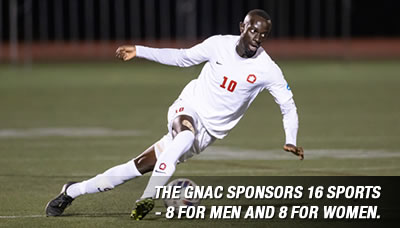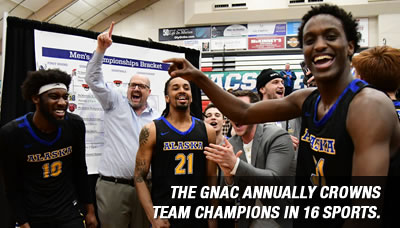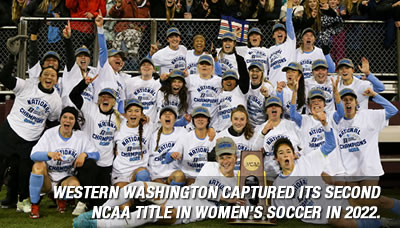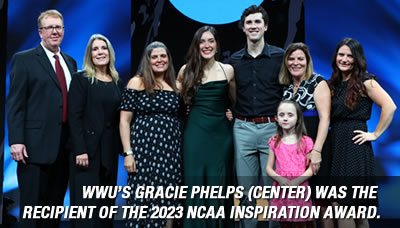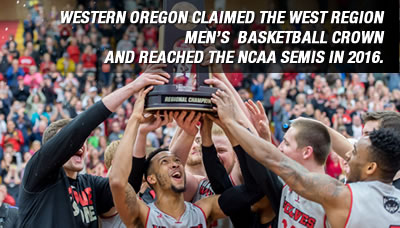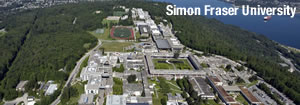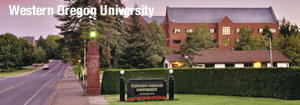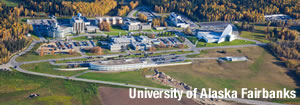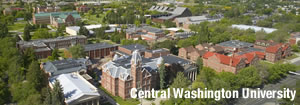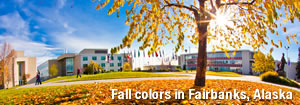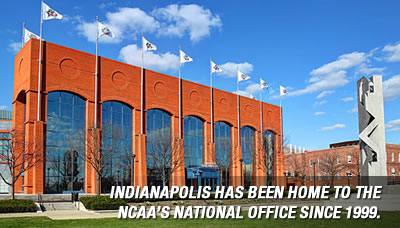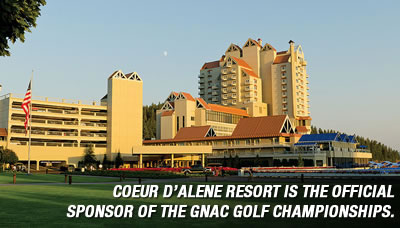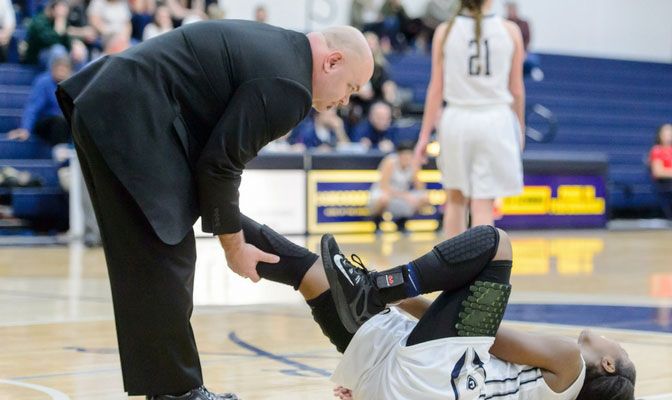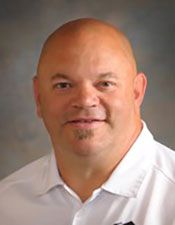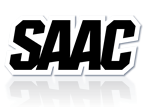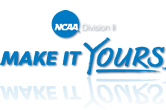Tuesday, March 13, 2018
In celebration of National Athletic Training Month, the GNAC is profiling athletic trainers throughout the conference. These trained medical professionals at every school work to keep the student-athletes of the GNAC healthy, active and safe.
National Athletic Training Month is an initiative of the National Athletic Trainers Association. To learn more about the month and role athletic trainers provide to the college athletics community, Click Here.
Name: Kyle Nelson
Institution: Concordia University
Years At Institution: 4.5
Hometown: Hebo, Oregon
Colleges Attended & Degrees: Portland State University (Undergraduate, Health & Fitness Promotion, Minor in Athletic), (Graduate, Public Health)
Sports In Which You Have Served As A Primary Athletic Trainer: Men's Soccer, Men's Basketball
What Prompted Your Interest In A Career In Athletic Training: I was working in a physical therapy clinic as an aide and really enjoyed the rehab component. I did not, however, care for being inside all day long. A friend/colleague suggested I check out athletic training. I went to the treatment center at Portland State University for a 30-minute observation. After about 10 minutes, I knew this is what I would do for the rest of my career.
Who Has Been The Biggest Influence On Your Career: I have to list three people. My wife, Shannon, was the one that encouraged me to go back to college when I was very apprehensive about my ability to succeed. Once I dove into the realm of athletic training, she has had to put up with a lot of travel, missed family time and missed personal time. She has been my rock through everything and is always supportive of my career. Susie Trantham was the friend/colleague that suggested I check out the athletic training career. I'm not sure I would have done that on my own. Later in my career, she recruited me to work at her physical therapy clinic and really had a strong influence on my development as a manager and leader. Jim Wallis is the Head Athletic Trainer at Portland State. From the beginning of my entrance into his program, he taught me a ton — from managing a staff, managing a budget, taping, evaluation, rehab, etc. Every time that I have started a new position in my career, I have modeled the way I do things based on what I learned from Jim.
For You Personally, What Are The Most Satisfying Aspects Of Being An Athletic Trainer: Seeing my athletes succeed after an injury. Being a part of taking an individual from what is sometimes their lowest point (injury) to watching them run back out onto the field of play at 100 percent, and maybe even better, is a very proud moment for me. Sometimes I do get choked up. I think "I had a part in that process." It’s very gratifying.
What Are The Most Challenging Aspects Of The Job: I have to say the hours. Having a family and doing this job means that you are going to miss some things in your kids' lives and in your family life. I am fortunate now to be in a position that I have a great staff and an understanding boss that value family events. Sometimes it just can't be avoided. I've missed my fair share of family things, but I am also extremely lucky to have a wife and two kids that understand what I do and the demands that are sometimes placed on me.
What Is The Most Misunderstood Aspect Of The Athletic Training Profession: That we are personal trainers. I don't design workouts for people. I don't help people lose weight or get ripped. I try to prevent injuries. I evaluate injuries just like a physician would. I rehab injuries just like a physical therapist would. I am invested in the success of my athletes and my teams.
What Is One Key Element Of Your Job That Most People Would Not Realize: We are also counselors to a certain extent. I do not have a degree in counseling or psychiatry. Many times, however, I have to be there and talk to an athlete that has just learned their season is over due to an injury. Many times, I am the one giving them that news. Helping athletes work through the psychological aspect of injury, surgery, rehab and return to play is an aspect of my job that many people don't realize we do as athletic trainers.
What Has Been The Biggest Change In Athletic Training During Your Career: Probably the management of injuries. Concussions are on the forefront of that change, but it does translate to all injuries. Gone are the days of just "sucking it up" and continuing to play. We as athletic trainers have an obligation to make sure that our athletes are functional later in the life as well as successful in their athletic career. I think sometimes coaches get frustrated with us when we hold someone out of participation. Our goal is to make sure they can play without getting hurt worse, not to take away a player.
What Do You See As Primary Health Concerns Currently In College Athletics: Concussions are obviously in the headlines a lot. But past that, I think that the trend of youth athletes specializing in one sport so early is detrimental to their athletic career after high school. When we get these athletes that have played club soccer, volleyball, etc., exclusively, since an early age, we also inherit many overuse injuries that are already present and then proceed to worsen with the increased intensity and competition at the college level. I think young kids should be diverse in the sports they play growing up.
What Advice Would You Give To A High School Or College Student Interested In Pursuing A Career In Athletic Training: Make sure you love it 100 percent. It's not a 9 to 5, Monday through Friday job. You work crazy hours sometimes. You travel a lot sometimes. If you don't love it, you will eventually burn out. I think it's important to love sports and to understand the psyche of an athlete.

